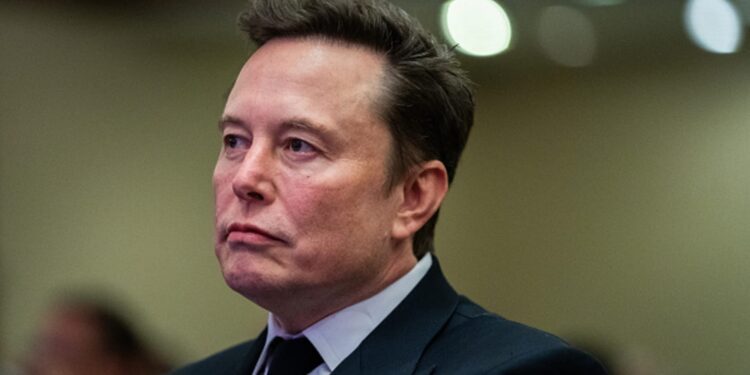A Delaware judge has once again ruled that Tesla must revoke Elon Musk’s multibillion-dollar pay package—no ifs, ands, or buts. Chancellor Kathaleen St. Jude McCormick, in a move that feels almost like a final word on the matter, shot down requests from Musk and Tesla’s corporate directors to toss her earlier ruling, which required the company to rescind Musk’s astronomical compensation plan.
Her decision came after the defense, no surprise here, tried to argue that Tesla shareholders’ recent ratification of Musk’s pay package somehow nullified her earlier ruling. Apparently, they thought that a second vote in June—where Tesla shareholders overwhelmingly approved Musk’s 2018 pay package for a second time—should magically undo all the supposed flaws in the original process. McCormick wasn’t having it. She didn’t mince words: “The large and talented group of defense firms got creative with the ratification argument, but their unprecedented theories go against multiple strains of settled law,” she said in her ruling. Translation: Nice try, but that’s not how this works.
The real crux of McCormick’s original ruling, back in January, was that Musk had orchestrated the $56 billion compensation package through sham negotiations with a board of directors who were hardly independent. A pay package like that isn’t just excessive; it’s a glaring conflict of interest wrapped in a corporate power play. Over time, the value of that pay package has fluctuated depending on Tesla’s stock price, but it still represents an obscene amount of money.
The defense’s argument, led by Tesla’s lawyers, was that the second shareholder vote, now fully aware of the court’s findings, should serve as validation for the deal. But McCormick wasn’t convinced. She made it clear that a stockholder vote alone cannot ratify a conflicted-controller transaction. And even if it could, the court found there were multiple misstatements in Tesla’s proxy statement that invalidated the whole thing. Basically, she saw the ratification argument for what it was—an attempt to rewrite the rules.
And then there’s the matter of legal fees. Tesla’s shareholder attorneys—who brought the lawsuit that led to the ruling—demanded an eye-popping $5.6 billion in fees, a number that briefly flirted with $7 billion as Tesla’s stock price surged. The justification? Their legal efforts resulted in a huge benefit to Tesla, returning stock options that would have gone straight into Musk’s pockets, diluting the value for other shareholders. The attorneys calculated that the benefit was worth $51.4 billion, based on the difference between Tesla’s stock price at the time of McCormick’s ruling and the strike price of Musk’s options. But McCormick had no patience for this request either. “In a case about excessive compensation, that was a bold ask,” she quipped. She acknowledged that the methodology behind the fee request was solid, but emphasized that Delaware’s Supreme Court has always made clear that fee awards shouldn’t lead to “windfalls” for attorneys.
In the end, McCormick awarded the attorneys a more modest $345 million—a far cry from the $5.6 billion they wanted. This is still a massive amount of money, but it’s a far more reasonable sum, and McCormick called it “an appropriate sum to reward a total victory.” For perspective, this fee is still huge—almost exactly half of the record $688 million awarded in the Enron litigation back in 2008.
So, after all the legal wrangling, here we are. Tesla’s shareholders may have voted again to back Musk’s pay package, but the law, as McCormick pointed out, isn’t so easily manipulated. Musk’s massive compensation package is still on the chopping block. And the legal team, despite their outlandish demands, will have to settle for a far more reasonable (if still substantial) fee. It’s a rare victory for sanity in the middle of an absurd corporate saga.


